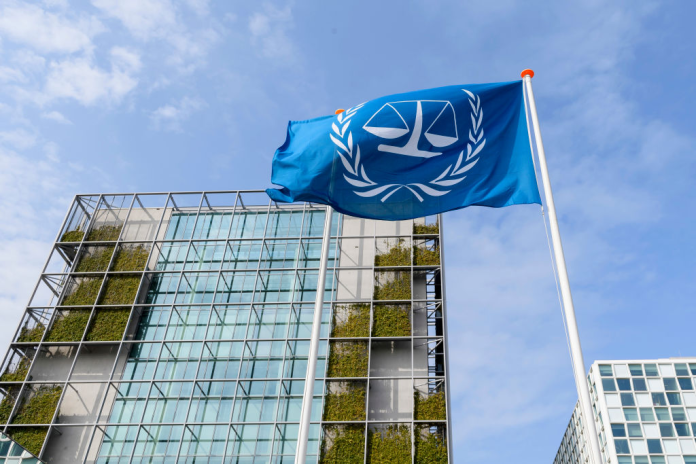The International Criminal Court’s prosecutor formally requested judicial censure against Italy for its failure to surrender Libyan official Osama Elmasry Njeem (Almasri), Euractiv reported.
Almasri, chief of Libya’s judicial police and head of Tripoli’s Mitiga detention centre network, was arrested in Turin on 19 January under an ICC warrant alleging crimes against humanity, including torture, rape, and murder of migrants and civilians between 2015 and 2023.
Within 48 hours, however, Italy’s Court of Appeal ordered his release, citing procedural irregularities: the arrest occurred without Justice Minister Carlo Nordio’s prior authorisation, contravening Italy’s Law 237/2012 on ICC cooperation. Interior Minister Matteo Piantedosi then expedited Almasri’s expulsion, labelling him a “dangerous subject” and flying him to Tripoli aboard an Italian Air Force Falcon 900 jet.
Italy’s subsequent 14-page defence to the ICC claimed “competing extradition requests” from Libya and alleged inconsistencies in the arrest warrant. Prosecutor Nazhat Shameem Khan dismantled these arguments, noting: “Over three months after Almasri’s release, Italy raised for the first time the existence of an alleged competing extradition request from Libya” without providing evidence.
In the end it appears that, after receiving two competing requests, Italy complied with neither. Almasri was neither surrendered to the Court nor extradited (or arrested) in Libya – but transferred in full freedom to Tripoli, where he was greeted by a cheering crowd.
The move exposes Italy’s precarious position: as a signatory to the Rome Statute, it is bound by Article 86 to “cooperate fully” with the Court, yet its domestic legislation grants political authorities outsized influence over judicial cooperation, creating what legal scholars call a “paradoxical” deviation from streamlined EU arrest protocols.
Domestically, Prime Minister Giorgia Meloni, Ministers Nordio and Piantedosi, and intelligence undersecretary Alfredo Mantovano face criminal investigations for alleged embezzlement and aiding a crime. Meloni denounced the probe as politically motivated.
I cannot be blackmailed. I will not be intimidated.
The case underscores a broader hypocrisy in EU migration policy. While Meloni vowed to “break human trafficking networks,” her government repatriated a figure the UN directly implicated in those crimes.
